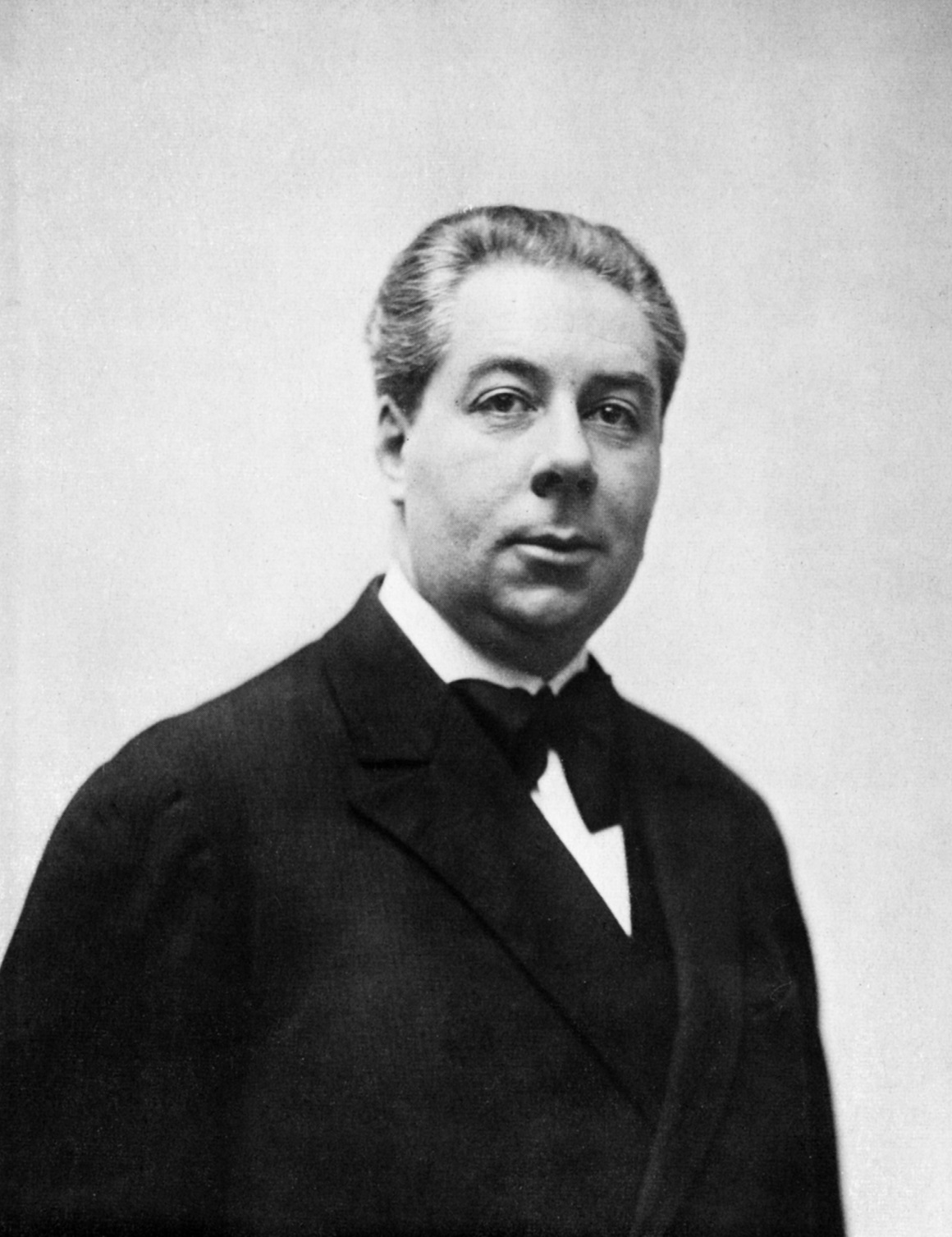Why was Roger Martin du Gard Awarded the Nobel Prize for Literature in 1937?
Roger Martin du Gard: Honoring the Nobel Prize for Literature in 1937
In 1937, the Nobel Prize for Literature was bestowed upon Roger Martin du Gard, a French writer known for his monumental work, “Les Thibault.” His literary achievements and unique narrative style captured the attention of the Nobel Committee, leading to his well-deserved recognition.

1. “Les Thibault” – A Literary Magnum Opus
Roger Martin du Gard’s most celebrated work, “Les Thibault,” is an ambitious seven-volume novel that chronicles the lives of two brothers, Antoine and Jacques Thibault, and their journey through the tumultuous events of the late 19th and early 20th centuries. The novel’s narrative scope and depth of character development demonstrated Martin du Gard’s exceptional storytelling abilities. Through this epic saga, he meticulously explored the intricacies of human emotions, family dynamics, and societal transformations, earning praise for his masterful portrayal of a crucial period in French history.
2. Social and Political Relevance
The Nobel Committee recognized Martin du Gard’s dedication to examining the social and political issues of his time. Throughout “Les Thibault,” he delved into themes of class struggle, political ideology, and the impact of historical events on individual lives. His nuanced exploration of these topics not only provided insights into the French society of his era but also made the novel a timeless piece of literature that resonated with readers across generations.
3. Psychological Realism
Roger Martin du Gard was a master of psychological realism, a literary approach that delves deeply into the thoughts, emotions, and motivations of characters. His ability to portray the inner struggles of his protagonists with remarkable sensitivity set him apart as a writer of exceptional talent. By delving into the complexities of human psychology, Martin du Gard offered readers a profound understanding of his characters’ inner worlds, making them more relatable and their stories more emotionally resonant.
4. Commitment to Humanistic Values
Throughout his career, Martin du Gard displayed a strong commitment to humanistic values, advocating for compassion, empathy, and understanding. His characters often grappled with moral dilemmas, ethical choices, and the consequences of their actions. By presenting complex moral scenarios, he prompted readers to reflect on their own values and behavior, making “Les Thibault” not just a literary masterpiece but a profound moral exploration.
Roger Martin du Gard’s Nobel Prize for Literature in 1937 was a testament to his exceptional storytelling skills, his dedication to exploring social and political issues, and his mastery of psychological realism. Through “Les Thibault,” he presented a panoramic view of a transformative period in French history, while also delving into the depths of the human psyche and moral dilemmas faced by his characters. Martin du Gard’s work remains a timeless treasure of literature, inspiring readers to contemplate their place in the world and embrace the values of empathy and compassion. The Nobel Prize celebrated his invaluable contributions to literature, ensuring that Roger Martin du Gard’s legacy endures as one of the most influential French writers of the 20th century.




